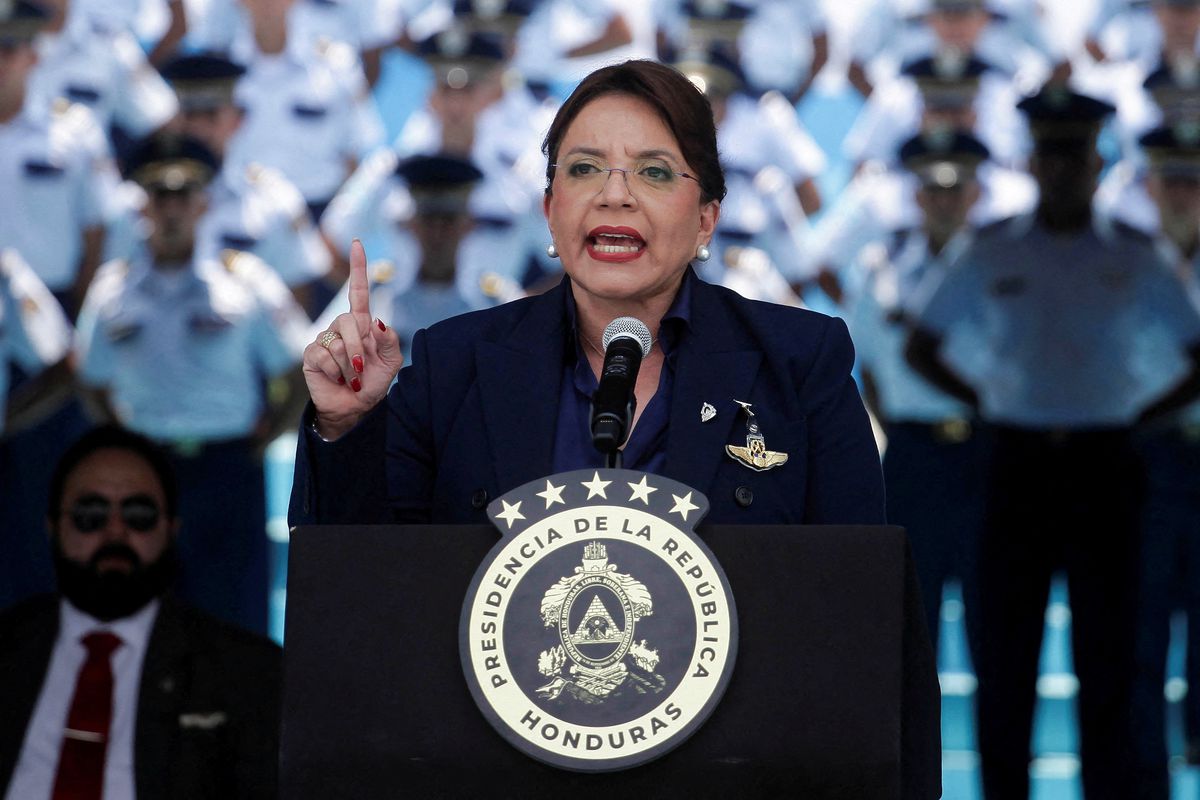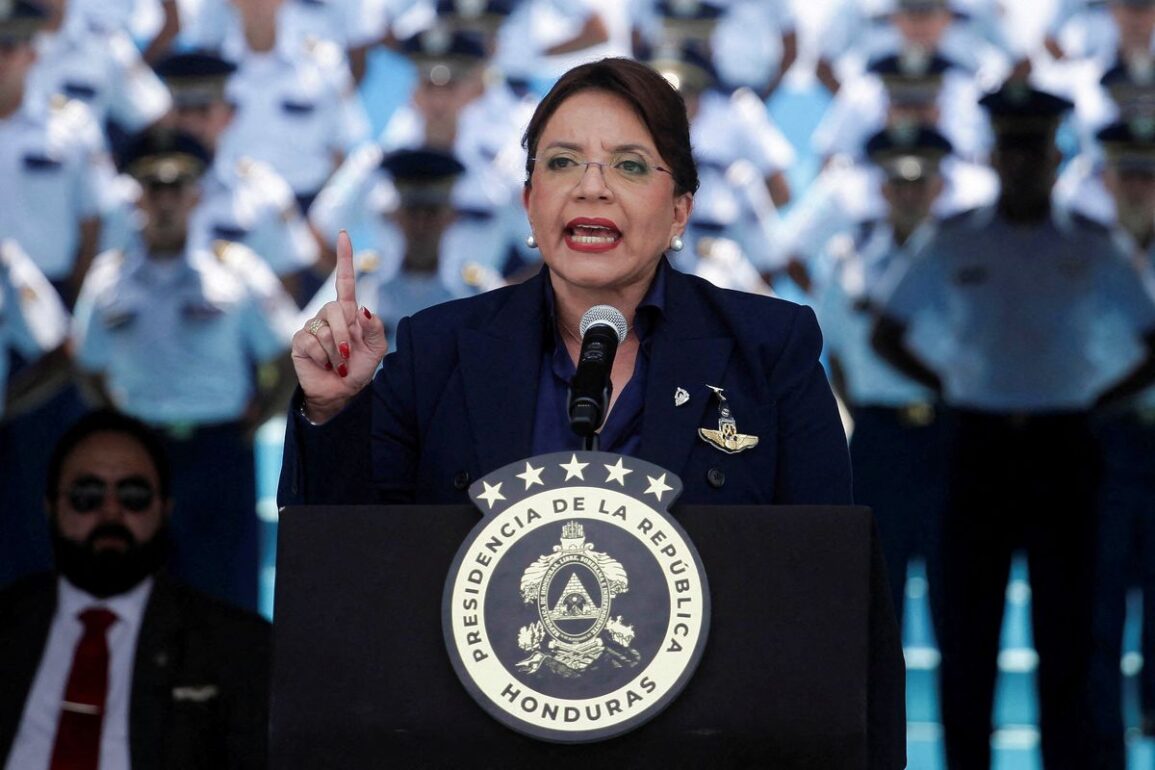
Headline: President of Honduras Plans to Build High-Security Prison on Uninhabited Island to Tackle Crime Crisis
Subtitle: Xiomara Castro follows the lead of El Salvador’s president in implementing drastic measures to combat violence and gang activity
Date: [Insert Date]
Honduran President, Xiomara Castro, has unveiled a new plan to combat the escalating violence in the country. The government intends to construct a high-security prison on the Islas del Cisne, an uninhabited archipelago in the northwest of the Honduran Caribbean. The facility, capable of housing 2,000 individuals, will isolate gang leaders and other dangerous criminals, effectively cutting off their contact with the outside world.
The decision to build a prison on an isolated island comes as a response to the government’s struggle to contain criminal activities within the existing prison system. Recent incidents, including a massacre in a women’s prison that claimed the lives of 46 inmates, have highlighted the urgent need for action. With gangs exerting significant control over the prisons and vast territories, President Castro has opted for a heavy-handed approach to tackling the crisis.
The new plans for the mega prison on the Islas del Cisne reflect the President’s determination to bring gang leaders under control. Alongside curfews and partial states of emergency implemented in 120 communities, the government has deployed the military and police to reclaim areas captured by criminal groups. Constitutional guarantees of citizens have been temporarily suspended as part of these extreme measures.
President Castro’s security policy draws inspiration from her Salvadoran counterpart, Nayib Bukele. Seeking effective solutions adopted by other countries, Castro aims to address the escalating violence that targets young people between the ages of 18 and 30, according to United Nations data.
While the construction of the prison is expected to alleviate overcrowding in the country’s current facilities, the government has yet to disclose further details. Images released by the Military Police revealed hundreds of men subjected to detainment and stripped down to their underwear in an effort to regain control of the prisons.
Simultaneously, President Castro is also pursuing international cooperation in tackling corruption and impunity. She has announced plans to work with the United Nations to create a commission similar to Guatemala’s successful CICIG (International Commission against Impunity). By doing so, Castro hopes to address the pressing issues of corruption that exacerbate the country’s security challenges.
As President Castro implements these hardline measures to combat violence, criticisms persist regarding the effectiveness and human rights implications of such strategies. However, the government remains resolute in its commitment to curbing the pervasive atmosphere of terror.
Note: This news article is based on information provided by Reuters and AP sources.
Related
This post was originally published on this site be sure to check out more of their content.







